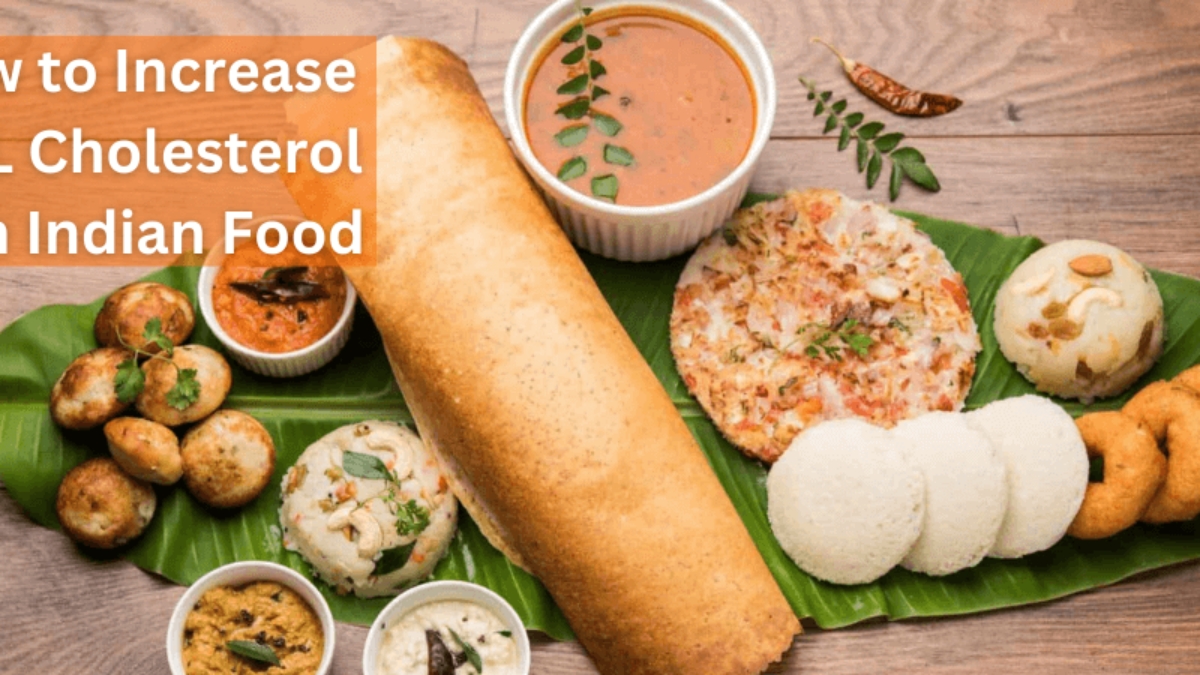
Cholesterol, a waxy substance found in your blood, is essential for building healthy cells. However, high levels of cholesterol can increase your risk of heart disease. In this context, understanding the types of cholesterol, namely Low-Density Lipoprotein (LDL) or ‘bad’ cholesterol and High-Density Lipoprotein (HDL) or ‘good’ cholesterol, is crucial. LDL cholesterol contributes to fatty build-ups in the arteries, known as atherosclerosis, a significant risk factor for heart attack and stroke. Conversely, HDL cholesterol carries LDL cholesterol away from the arteries and back to the liver, where it’s broken down and removed from the body.
Role of Diet in Managing Cholesterol
Your diet plays a pivotal role in maintaining your cholesterol levels. By making some simple dietary swaps, you can lower your ‘bad’ LDL cholesterol and increase your ‘good’ HDL cholesterol. It’s also essential to consult with a dietician or doctor before making any major dietary adjustments.
Top 5 Indian Foods for Managing High Cholesterol
Indian cuisine, renowned for its rich flavors and diverse ingredients, also offers numerous foods that help manage cholesterol levels. Here are the top five:
1. Oats: A breakfast staple for many, oats are loaded with soluble fiber, which reduces LDL cholesterol.
2. Walnuts: Rich in omega-3 fatty acids, walnuts can help reduce LDL cholesterol and increase HDL cholesterol.
3. Turmeric: Known for its anti-inflammatory properties, turmeric also helps reduce LDL cholesterol.
4. Lentils: A staple in Indian cuisine, lentils are high in fiber and protein, helping lower LDL cholesterol and increase HDL cholesterol.
5. Spinach: This leafy green vegetable is rich in lutein, which can help reduce cholesterol levels.
Other Dietary and Lifestyle Considerations
In addition to incorporating these cholesterol-lowering foods into your diet, regular exercise is also beneficial in managing cholesterol levels. A combination of aerobic exercises and resistance training can increase HDL and decrease LDL cholesterol levels.
Stress management is another crucial aspect of cholesterol management. High-stress levels can indirectly lead to unhealthy habits that can raise your cholesterol levels. Techniques such as meditation, deep breathing, and yoga can help manage stress.
Besides, drinking tulsi tea is another effective way to lower LDL cholesterol levels naturally. It has antioxidant and anti-inflammatory properties that help in reducing LDL cholesterol.
Conclusion
By understanding the role of cholesterol in your body and making mindful dietary and lifestyle changes, you can effectively manage high cholesterol levels. Incorporating Indian foods like oats, walnuts, turmeric, lentils, and spinach into your diet can be a good starting point. However, it’s always important to consult with a healthcare provider or nutrition expert before making any significant changes to your eating or exercise habits.
